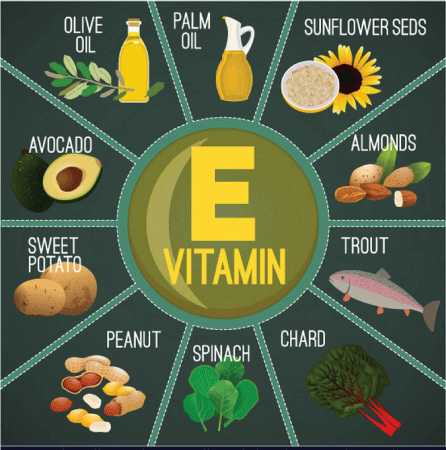
Vitamins play a crucial role in maintaining optimal health and wellness. These micronutrients are essential for various bodily functions, including energy production, immune system support, and overall well-being. In this article, we will discuss 10 essential vitamins and their roles in promoting wellness.
Vitamin A
Vitamin A is crucial for maintaining healthy vision, skin, and immune function. It also plays a role in cell growth and differentiation. Good sources of vitamin A include liver, carrots, sweet potatoes, and kale.
Vitamin B-complex
The B-complex vitamins, including B1, B2, B3, B5, B6, B7, B9, and B12, play key roles in energy metabolism, neurotransmitter production, and red blood cell formation. They can be found in a variety of foods, such as whole grains, nuts, seeds, and leafy greens.
Vitamin C
Vitamin C is an antioxidant that helps protect cells from damage and supports immune function. It is also essential for collagen production, wound healing, and iron absorption. Good sources of vitamin C include citrus fruits, bell peppers, and strawberries.
Vitamin D
Vitamin D is crucial for bone health, as it helps the body absorb calcium and phosphorus. It also plays a role in immune function and mood regulation. Sunlight is a primary source of vitamin D, but it can also be found in fatty fish, eggs, and fortified foods.
Vitamin E
Vitamin E is an antioxidant that helps protect cells from damage and supports immune function. It also plays a role in skin health and blood vessel function. Good sources of vitamin E include nuts, seeds, and vegetable oils.
Vitamin K
Vitamin K is essential for blood clotting and bone health. It also plays a role in regulating calcium levels in the body. Good sources of vitamin K include leafy greens, broccoli, and Brussels sprouts.
Vitamin Biotin
Biotin is essential for metabolism and helps convert food into energy. It also plays a role in skin and hair health. Biotin can be found in foods such as egg yolks, nuts, and whole grains.
Vitamin Folate
Folate is crucial for DNA synthesis and cell division. It is especially important during pregnancy for fetal development. Good sources of folate include leafy greens, legumes, and citrus fruits.
Vitamin Niacin
Niacin is essential for energy production and DNA repair. It also plays a role in cholesterol metabolism. Good sources of niacin include poultry, fish, and peanuts.
Vitamin Pantothenic Acid
Pantothenic acid is essential for synthesizing coenzyme A, which is crucial for energy production. It also plays a role in hormone synthesis. Good sources of pantothenic acid include meat, poultry, and whole grains.
Conclusion
Ensuring adequate intake of essential vitamins is crucial for maintaining overall wellness. A balanced diet rich in a variety of fruits, vegetables, whole grains, and lean proteins can help meet your vitamin needs. It is also important to consult with a healthcare provider or nutritionist to determine if you need any vitamin supplements to support your health goals.
